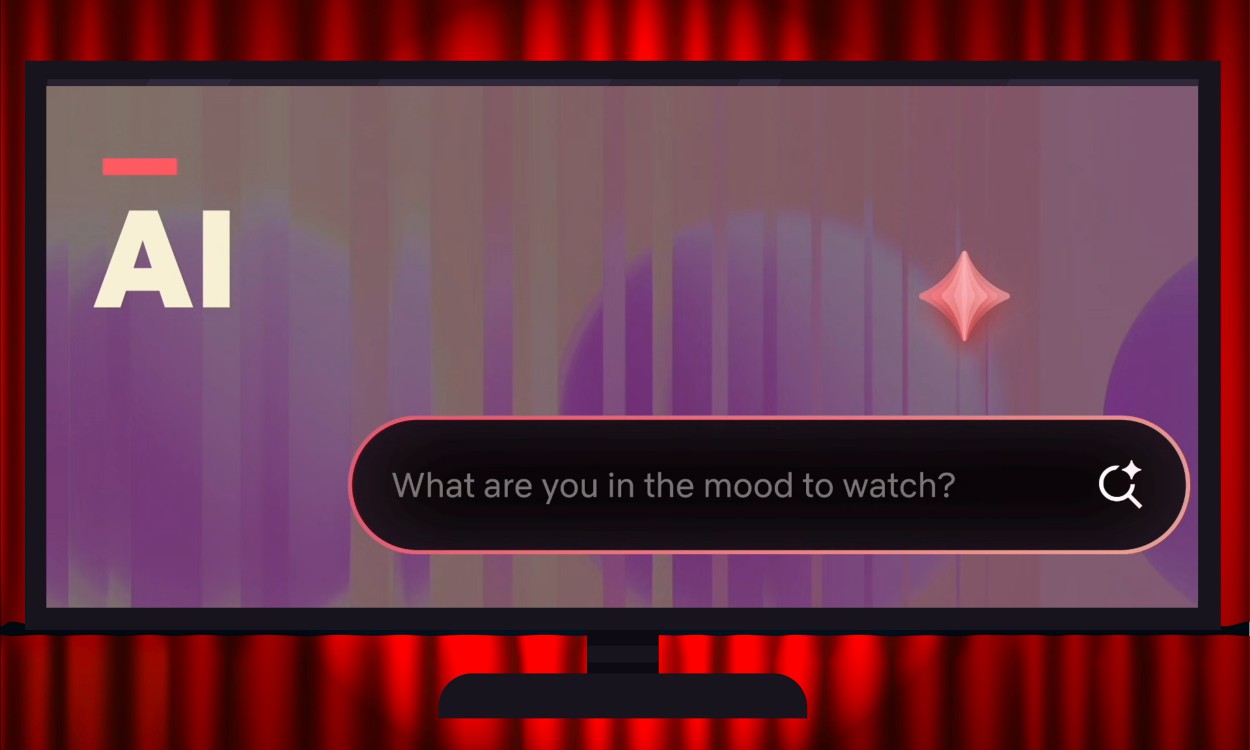I saw the future of AI on Netflix. It skips hype and finds a purpose
When you think of AI, names like Google, Microsoft, and OpenAI pop up in your mind. Netflix, the world’s biggest streaming platform, doesn’t quite sou

The Poetry Camera is an ingenious device that doesn’t take photos but instead makes poems.
The clever contraption features a lens that observes its surroundings before using AI to craft a poem inspired by the scene. It then prints the verse through a slot on the front — similar to how a Polaroid camera delivers photos. You can see it in action in the video above.
The Poetry Camera is the work of Kelin Zhang and Ryan Mather, who build the device by hand in a “microfactory” in New York, according to designboom.
The pair unveiled the camera two years ago, but since then it’s been updated a number of times, most recently with Anthropic’s Claude 4 generative AI model, which interprets the surroundings to create the poem. It’s also powered by a Raspberry Pi Zero 2 W with a Raspberry Pi Camera Module 3.
The Poetry Camera’s computer vision smarts are able to identify objects, people, and surroundings before composing its work of art, which can be a haiku, sonnet, limerick, or free verse — you can decide beforehand via a knob on the device.
There’s no onboard storage, so the camera doesn’t save the poems digitally. Nor does it save the images, a design choice that’s supposed to emphasize privacy and the ephemeral nature of each creation.
“It feels more magical that way, and reduces the pressure of trying to look good posing for photos,” it says on the Poetry Camera’s website. “The original photo is never saved or stored anywhere, for maximum data privacy. We don’t want to be in the business of storing your data.”
The Poetry Camera is open source, allowing tech-savvy folks to modify prompts, add features, or build their own versions.
This means there are two distinct products — the already built Poetry Camera, described as “a complete consumer electronics product that’s designed to be beautiful, intuitive, and robust,” and a DIY version based on the initial prototype of the idea. Using off-the-shelf components like Raspberry Pi and thermal printers that you can get on Amazon, the pair describe it as “a good weekend project to get started with learning hobby electronics.”
There is currently, however, one notable drawback with the Poetry Camera — it needs Wi-Fi to work as it requires a connection to compose the poems. However, Zhang and Mather are looking at ways of overcoming this impediment.
The latest version of the unique Poetry Camera is available for $699 in the U.S., with shipping targeted for September 2025. For the DIY version, head to this GitHub page.

When you think of AI, names like Google, Microsoft, and OpenAI pop up in your mind. Netflix, the world’s biggest streaming platform, doesn’t quite sou

Nearly two billion people across the world suffer from a blood condition called anemia. People living with anemia have a lower than average number of

“Hey ChatGPT, left-click on the enter password field in the pop-up window appearing in the lower left quadrant of the screen and fill XUS&(#($J, a

Mountainhead writer and director Jesse Armstrong has said he’s “pretty sure that the AI companies have been scraping my material along with everyone e

OpenAI has introduced its 4o model into ChatGPT to enable native image generation within the chatbot atmosphere. This upgrade makes it so you don’t ha

Apple’s efforts in the health segment are a class ahead of the competition. But more than just racing ahead with innovation, the company has taken a m

Meta delivered an unexpected runaway success with its Ray-Ban Stories smart glasses, and now, it is headed to the runaway for the latest take. At the

Tech for Change This story is part of Tech for Change: an ongoing series in which we shine a spotlight on positive uses of technology, and showcase ho
We are a comprehensive and trusted information platform dedicated to delivering high-quality content across a wide range of topics, including society, technology, business, health, culture, and entertainment.
From breaking news to in-depth reports, we adhere to the principles of accuracy and diverse perspectives, helping readers find clarity and reliability in today’s fast-paced information landscape.
Our goal is to be a dependable source of knowledge for every reader—making information not only accessible but truly trustworthy. Looking ahead, we will continue to enhance our content and services, connecting the world and delivering value.